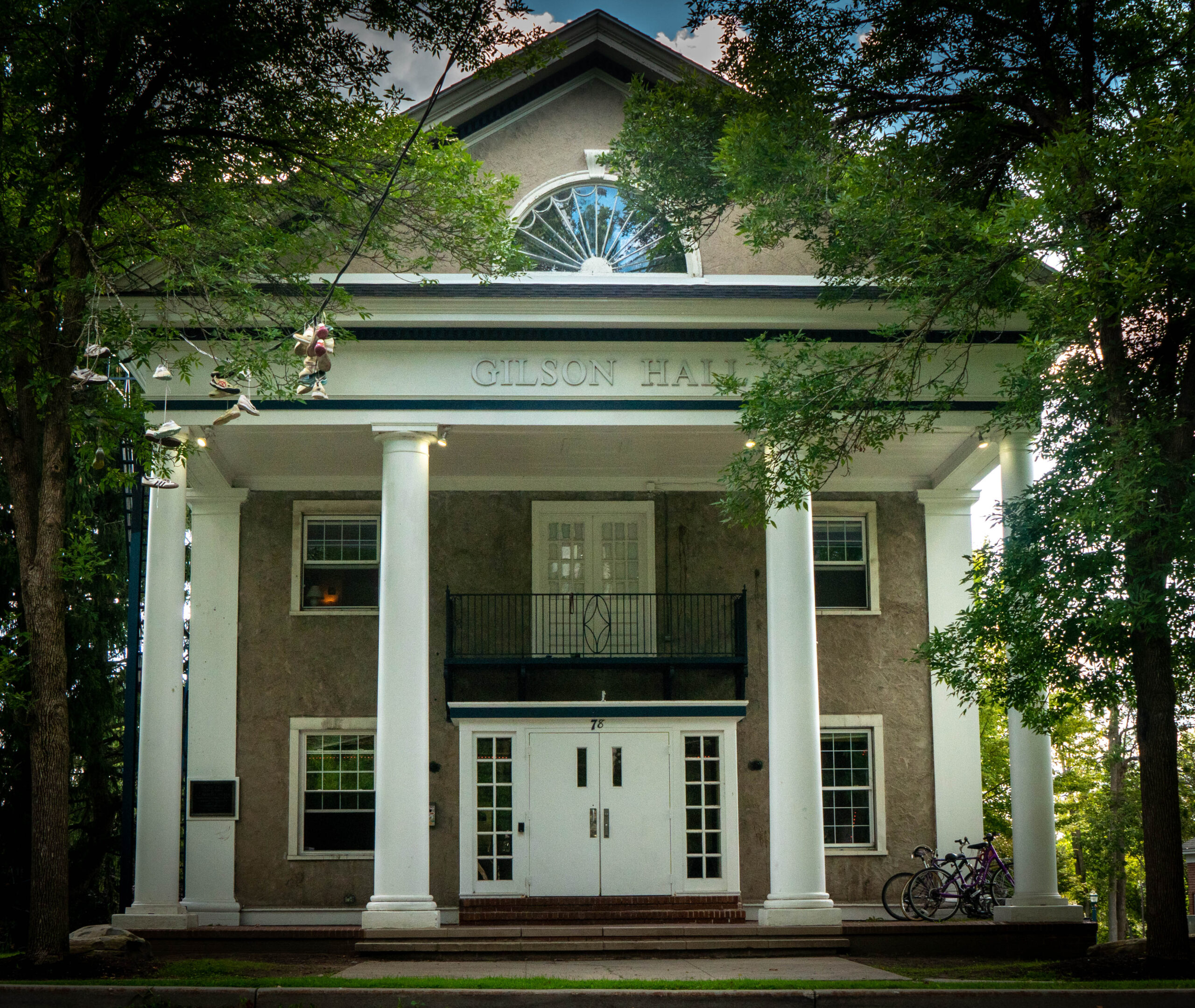CAPs and NAPs: Themes on Probation
With multiple theme houses on probation, many students have been upset with the administration over their choices. However, many students do not understand how or why these decisions were made. There are two different types of probation: necessary action plans (NAPs) and corrective action plans (CAPs).
According to the Residential Coordinator for Upperclass Communities, Sharon Rodriguez, NAPs are the less serious of the two and are used to “note an area of growth or concern” for a theme house “throughout the year.” NAPS is meant to serve as a reference for growth or a plan to avoid a potential issue the theme house might experience.
CAPs are more serious and are what students know as a house being on probation. As a CAP is an issue a theme house needs to address, a theme house with a CAP “starts the year with an all-house meeting” with a residential coordinator “to understand what the CAP is so they can work to address the probationary status,” said Rodriguez.
There are three main issues a theme house will get a NAP or CAP: residential, administrative, or social reasons. Residential NAPs and CAPs often address theme houses not having enough residents or not properly taking care of their space. Administrative issues regarding not going to the biweekly meetings with all themes and the administration or your club being disorganized. Social issues apply to the club, living their mission as a social program and fostering a positive campus environment. This is important for theme houses as they must reapply for house status.
“Theme house selection is a competitive time as different groups want to apply to be a part of the community,” said Rodriguez. This encourages the theme groups to address any NAPs or CAPs they might have. According to Rodriguez, theme houses with ongoing NAPs or CAPs might have a harder time regaining house status if there are other groups that are also applying.
This focuses groups on betterment as a whole, according to the Associate Dean for Student Life & Community Engagement, Christopher Marquart. He looks forward to when themes reapply because it is “enjoyable to listen to the theme leadership groups, what they have done and how they lived their mission.” This keeps theme houses working to positively engage the campus and foster positive membership in their club.
While there are not any concrete consequences for a theme breaking probation or not working to fix the issue a NAP or CAP addresses, it can impact their ability to get a house the next year. For example, if a theme house has a CAP for not being able to fill their house. “If another group shows they can fill the space, it may be more persuasive to change the group,” said Rodriguez. This “shows all groups are making progress in staying up to par,” said Marquart.
The board that clubs apply to to gain theme house status is not only comprised of St. Lawrence administrators. The board also includes faculty and students, ensuring that the clubs that get theme house status each year are those that will best serve the campus.



